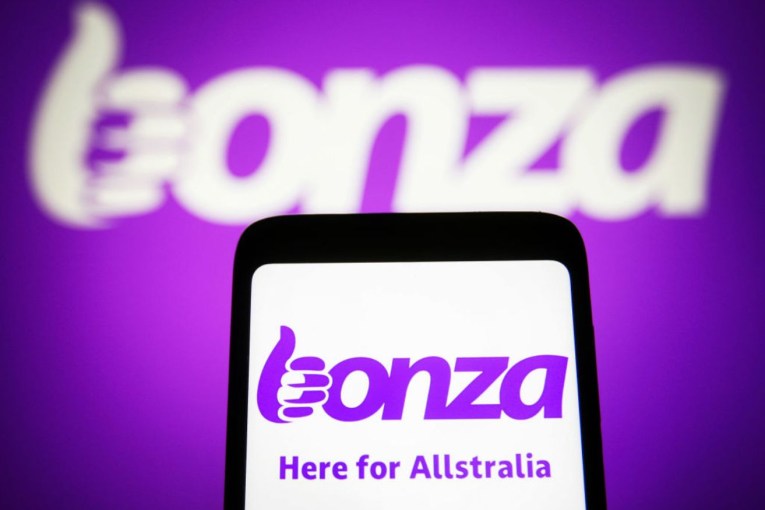Tough budget shakes consumers

The Federal Government’s tough budget already has consumers running scared and closing their wallets, according to the latest confidence surveys.
The latest Westpac Melbourne Institute Index has consumer confidence at its lowest point since 2011, as Prime Minister Tony Abbott continues to defend the measures including tax hikes for the rich, co-payments to see the doctor, increases in the fuel excise and less generous family tax benefits.
He said consumer confidence would “rebound”.
“It’s the only plan to tackle the debt and deficit disaster,” Mr Abbott told Fairfax Radio today.
It was also the only plan that maintained Australia’s triple-A credit rating and ensured long-term prosperity, he said.
Mr Abbott also believes the government may be in a position to offer tax cuts in its next term, although he’s not guaranteeing or promising that.
“The whole point of getting the budget under control is so that we can give tax cuts in the not-too-distant future,” he said.
Confidence way down
The Westpac Melbourne Institute Index of Consumer Sentiment fell by 6.8 per cent in May to 99.7, its lowest point since August 2011.
A reading below 100 points indicates there are more pessimists than optimists on the state of the economy.
This comes as the ANZ-Roy Morgan Consumer Confidence fell 3.2 per cent in the week the federal budget was handed down and has dropped 14 per cent from four weeks ago when leaks about government spending cuts and the debt levy started to appear.
 The company predicts that consumer spending will improve this year, but the federal budget may slow the speed of the recovery in household consumption.
The company predicts that consumer spending will improve this year, but the federal budget may slow the speed of the recovery in household consumption.
ANZ head of Australian economics Justin Fabo said the survey suggests that people might reduce their spending in the short term in response to the budget.
“The persistence of this fall will be important to the assessment of the consumer spending outlook,” he said.
“The indirect impacts of these announcements on consumer confidence could prove to be more important.”
He said just the fact people were worried might be enough to slow things down.
“While the budget revealed some changes to welfare eligibility and taxes which may weigh a little on consumer spending directly over the next few years, the indirect impacts of these announcements on consumer confidence could prove to be more important,” he said.
“The persistence of this fall will, however, be important to the assessment of the consumer spending outlook.”
This is the thing about sentiment. People may think something is not good, but does it actually affect them personally – maybe not.
Bank of America Merrill Lynch chief economist Saul Eslake agreed the perception of the budget may be more damaging that the budget itself.
“This is the thing about sentiment. People may think something is not good, but does it actually affect them personally – maybe not, and that’s why it is only sustained movements in either direction in consumer confidence that really do tell you anything about what might actually be happening to how people spend,” Mr Eslake told Fairfax.
“It’s not a good sign, but whether it’s a material sign is another question that you’d need a few more data points before you draw a conclusion.”
The ANZ-Roy Morgan survey was conducted over the weekend of May 17-18 and involved 1,000 face to face interviews.
– with AAP








